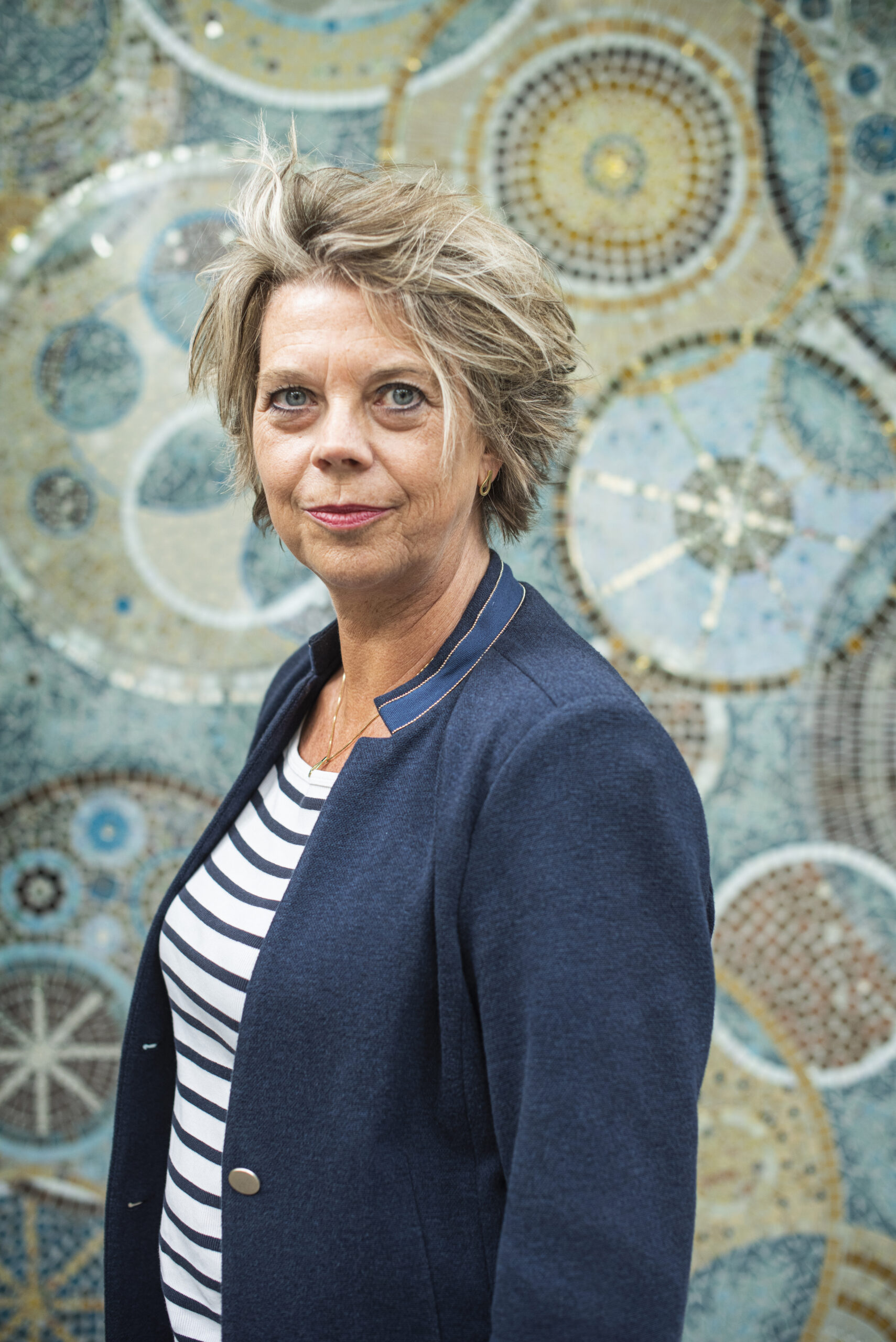Fatma Aydemir, one of Germany’s most influential writers, will present the fourth State of European Literature. With her prize-winning debut novel Elbow (Ellbogen, 2017) and her family saga Djinns (Dschinns, 2022) Aydemir has become one of Europe’s leading literary voices and a chronicler of diasporic life; of Germany as a conflicted, sometimes hostile and at the same time inspiring country, and Turkey as a reluctant and troubled home country. Fatma Aydemir will give this year’s lecture and share her ideas on the State of Europe through a literary perspective.
After the lecture, Fatma Aydemir will meet with the Dutch writer and poet Simone Atangana Bekono, who won multiple prizes for her works such as the Libris Literatuurprijs 2021.
The State of European Literature is a yearly lecture given by an internationally renowned author or poet. Today, Europe’s languages continue to write and tell stories about the continent, its intimate lives, its neighbours and its development in the present, the past and the future. Because of political polarization, there is a new impulse for the truth of literary fiction and the power and precision of poetic expression.
The state of European literature raises awareness of the central role of literature in the current and future state of Europe. Previous speakers were Philipp Blom (2020), Nelleke Noordervliet (2021), and Alain Mabanckou (2022).
The 2023 edition of the State of European Literature is hosted by the UvA-Faculty of Humanities and SPUI25, and supported by ACES (the Amsterdam Center of European Studies), ARTES (Amsterdam School for Regional, Transnational and European Studies), and OSL (Onderzoeksschool Literatuurwetenschap).


Speakers


This programme is in the Agnietenkapel, Oudezijds Voorburgwal 231 in Amsterdam (part of UvA).
More Forum on European Culture:

Studio Julian Hetzel: Land of Plenty

How Europe Says sorry

